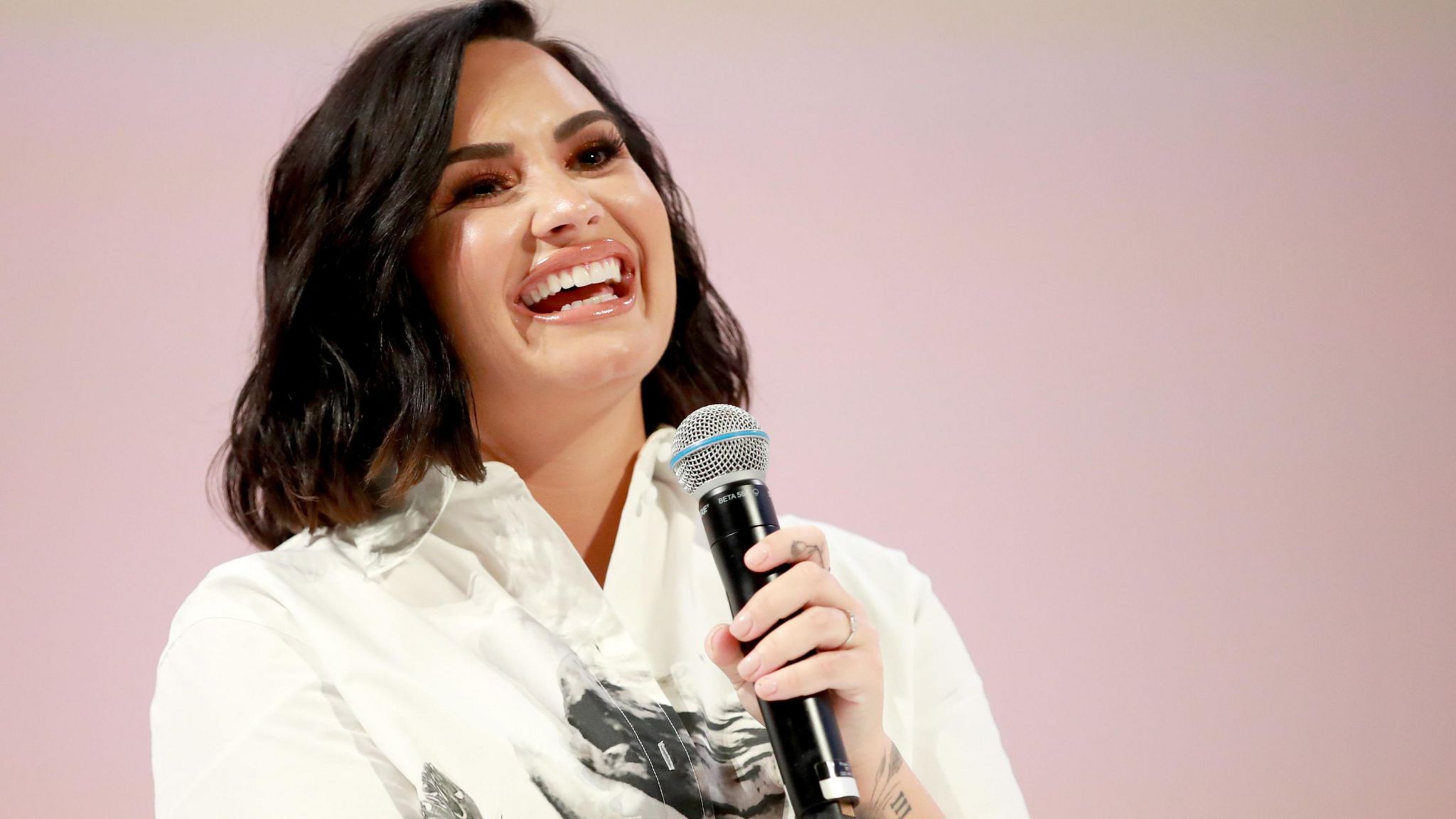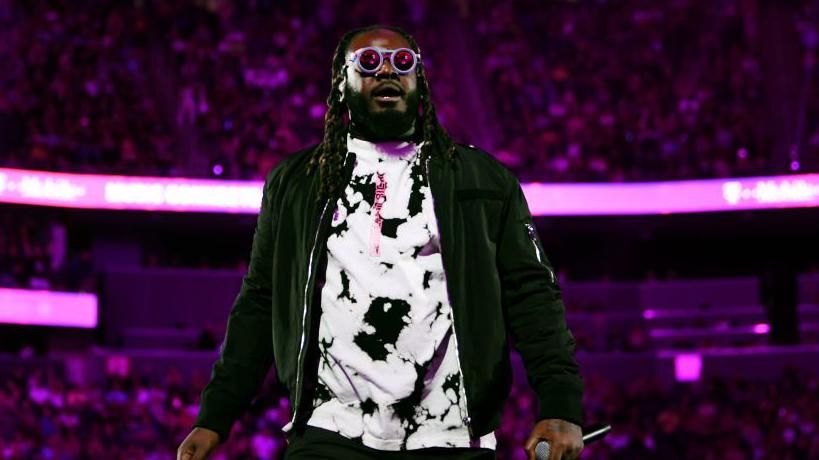YouTube tests AI tool that clones pop stars’ voices

At a glance
-
Artists including Charli XCX, Charli Puth, Troye Sivan and Sia are allowing YouTube to “clone” their voices
-
Users will be able to create songs featuring their vocals with a simple text prompt
-
The experimental tool is currently only available to about 100 users
-
It comes as the music industry reckons with the possibilities and pitfalls of Artificial Intelligence
YouTube has revealed an artificial intelligence tool that allows users to imitate pop stars like Demi Lovato and John Legend.
The experimental feature, called Dream Track, allows users to create short songs by describing qualities including lyrical content and mood.
Nine artists have allowed their voice to be “cloned” by the software, including Charli XCX, Troye Sivan, T-Pain and Sia.
For now, about 100 creators in the US have been given access to the tool, which can only be used to soundtrack videos on YouTube Shorts – the platform’s rival to TikTok.
The company released two sample videos created with Dream Track, featuring passable, but clearly inferior, imitations of Charlie Puth and T-Pain.
The Puth track was generated by the prompt: “A ballad about how opposites attract, upbeat acoustic.”
The result feels like a low-quality MP3, full of digital artifacts. At times, Puth’s voice sounds “smudged” with consonants that are occasionally muddied and indistinct.
The BBC is not responsible for the content of external sites. YouTube content may contain adverts.
Allow YouTube content?
This article contains content provided by Google YouTube. We ask for your permission before anything is loaded, as they may be using cookies and other technologies. You may want to read Google’s cookie policy and privacy policy before accepting. To view this content choose ‘accept and continue’.
The BBC is not responsible for the content of external sites. YouTube content may contain adverts.
But the track is recognisably in the style of his R&B-leaning pop hits; and the lyrics, while banal, fit the bill: “Baby, we’ve got nothing in common / But I know I’m what you’ve been wanting.”
In a blog post, YouTube’s head of music said the tool was designed to “test, learn, gain feedback and hear ideas” from artists and viewers.
“At this initial phase, the experiment is designed to help explore how the technology could be used to create deeper connections between artists and creators, and ultimately, their fans,” said Lyor Cohen, who previously helped launch the careers of artists like Run-DMC, and the Beastie Boys.
The launch comes just 24 hours after YouTube announced it would start alerting viewers when they’re watching a video made with artificial intelligence.
The Google-owned company also said it would allow people to request the removal of videos that use AI to simulate an identifiable person.
Dream Track is different because it has the explicit approval of the artists’ involved – but the dichotomy reflects a wider debate about AI in the creative industries.
Many of the tools that have appeared so far appear to have been trained on copyrighted material – leading to lawsuits by authors like Jonathan Franzen, Jodi Picoult and George R. R. Martin.
In April, Universal Music successfully petitioned streaming services to remove a song called Heart On My Sleeve, which used AI-generated vocals from their artists Drake and The Weeknd.
In a statement, the label said “the training of generative AI using our artists’ music” was “a violation of copyright law” – although that position has not been tested in court, and remains a legal grey area.

But the head of Universal, Lucian Grainge, was also among the music industry figures championing YouTube’s latest development.
“In this dynamic and rapidly evolving market, artists gain most when together we engage with our technology partners to work towards an environment in which responsible AI can take root and grow,” he said in a statement. “Only with active, constructive and deep engagement can we build a mutually successful future together.”
His comments were echoed by the artists involved, albeit with caveats.
“When I was first approached by YouTube I was cautious and still am,” said Charli XCX.
“AI is going to transform the world and the music industry in ways we do not yet fully understand. This experiment will offer a small insight into the creative opportunities that could be possible and I’m interested to see what comes out of it.”
“The development of AI technology is happening quickly and we should be a part of that process,” added T-Pain, expressing a common theme.
“I believe as artists we need to be a part of shaping what that future looks like,” agreed Demi Lovato.
While the ability to photocopy famous voices will garner the most attention, Google also announced several other AI music projects – including a tool that allows artists to hum a melody and have software create an instrumental based on the tune.
The company also noted that AI content produced with these tools will be watermarked for disclosure.
